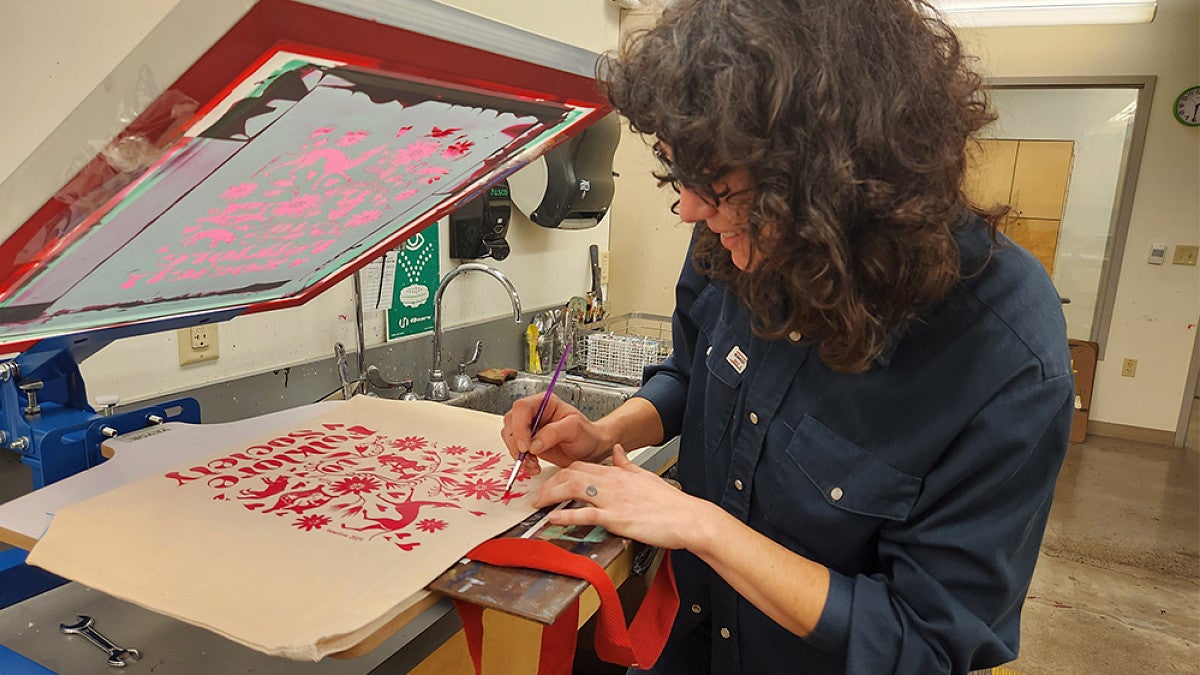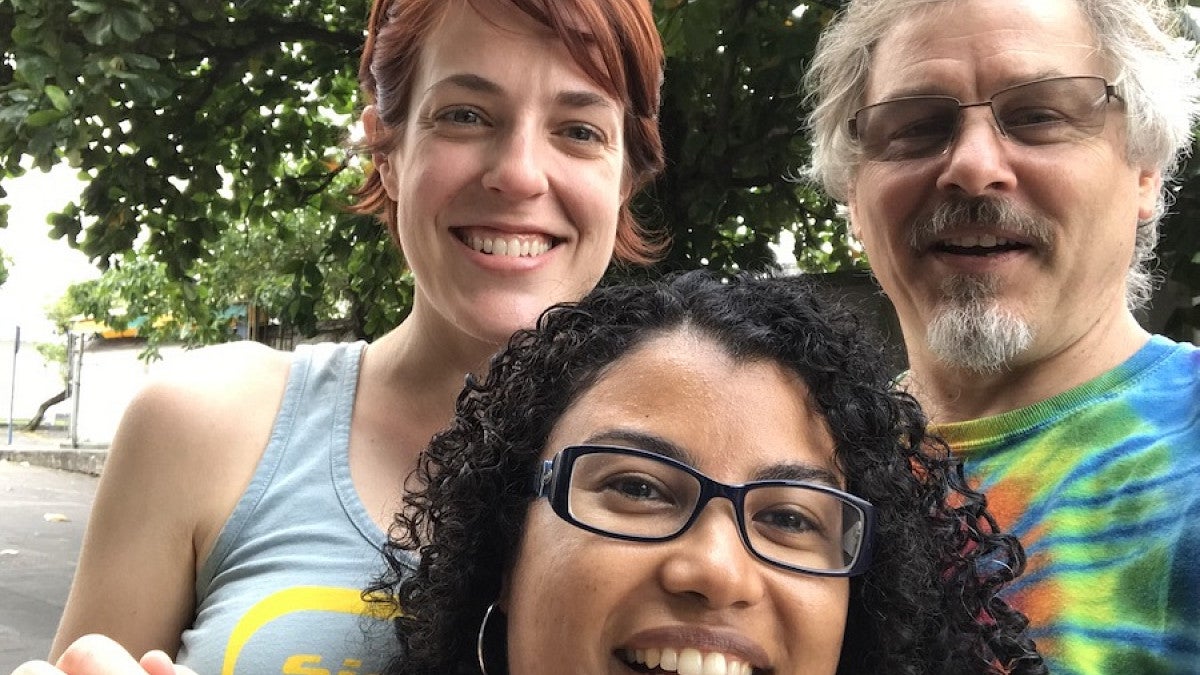Explore our Graduate Programs
The University of Oregon offers one of the most exciting folklore graduate programs in the country. Our interdisciplinary approach allows our master’s students to explore individual interests in a well-supported academic environment.
Our students conduct research and delve into theoretical analyses on a variety of topics, incorporating both classical approaches to traditions with cutting-edge, modern interpretations of folklore and public culture. Current students study topics ranging from gender roles in rock music to West African drumming in suburban America; from nature pilgrimages to MySpace memorials; from graffiti, knitting and DIY artist movements to museum studies.

Earn a Graduate Degree in Folklore and Public Culture
Students in the master’s degree program in folklore and public culture may choose from two tracks with differing emphases. The General Folklore Track provides students with a strong foundation in folklore studies while also allowing students to take elective courses in their areas of focus. The Public Folklore Track prepares students who plan to work in the public sphere by building professional skills such as ethnographic research, documentation, grant writing, administration and programming.

Graduate Specialization in Folklore and Public Culture
This 16-credit interdisciplinary graduate specialization track is open to all UO graduate students in folklore and public culture-related areas of study in the humanities, social sciences, media studies, nonprofit management, ethnomusicology, and dance, among others. This graduate specialization is of particular interest to those engaged in public scholarship with interest in a career trajectory outside of higher education.
Funding your Graduate Studies
Want to learn more about funding options for graduate students in the Folklore and Public Culture Program? Explore opportunities for funding your graduate studies.

Prepare for the Professional World
A graduate degree in folklore and public culture opens the door to exciting job possibilities. Discover resources to help you prepare for your chosen career path and connect with peers in the Department of Folklore and Public Culture.

Leah Lowthorp
Leah Lowthorp is a folklorist and cultural anthropologist whose work engages art and social change, UNESCO intangible cultural heritage, cosmopolitanism(s), post-colonial theory and the online circulation of biopolitical narratives.
She has conducted ethnographic research with the world's oldest continuously performed theater — Kutiyattam Sanskrit theater of Kerala, India — since 2006 and, more recently, with online communities in an investigation of the digital folklore of human genetic and assisted reproductive technologies.

